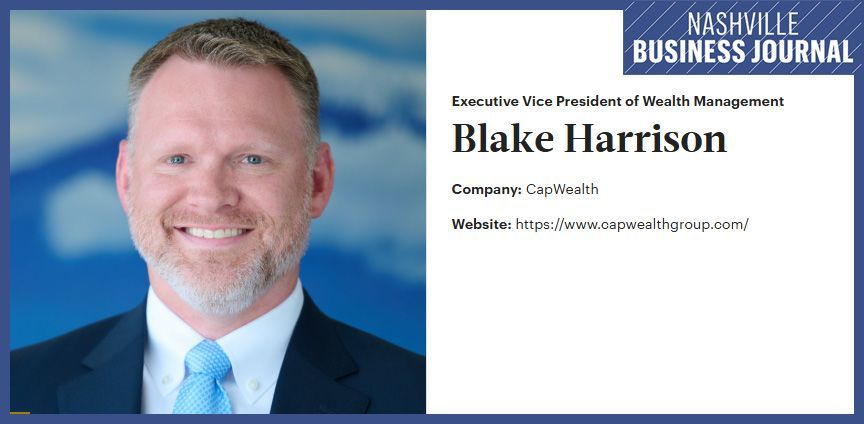What Are The Unintended Consequences of Low Interest Rates?
August 26, 2019
Rising geopolitical tensions and trade wars have led to an increase in market uncertainty and growing concerns about a global growth slowdown. To combat these fears, the U.S. Federal Reserve and central banks around the world (European Central Bank, People’s Bank of China, Bank of Thailand, Reserve Bank of India and the Reserve Bank of New Zealand to name a few) have cut interest rates to spur spending and investment. Put simply, the central banks are telling the market, “We hear your concern, and we have your back.”
But what are the unintended consequences of ultra-low interest rates? Everyone always focuses on the positives – The economy is weak so cut interest rates and stimulate investment; and when the economy improves, companies will make more money and the stock market will go higher. But what are the risks?
The most obvious is the punishment for savers. When interest rates are low, the return on cash, money-market-funds, short-duration Treasury bills and even high-grade bonds is also low. As a result, investors can either accept lower incomes or they can invest in riskier securities to earn the same return they used to.
Additionally, when borrowing costs are low and there is no return on cash, less-deserving projects and companies receive funding. Over time, this can create asset bubbles.
While the U.S. economy seems to be strong in my view – and the U.S. consumer appears particularly strong – when stock volatility increases, it signals a shift in risk appetite. At those moments it is worth taking stock of your investments and their ability to thrive in all market environments.
In a nutshell, there are three types of companies you can invest in:
- Conservative Companies: These are businesses that can make interest payments and pay off their debt when it matures out of the cashflow generated by the company.
- Speculative Companies: These businesses can make interest payments on their debt but are dependent on the capital markets to constantly roll their debt further out into the future (they are unable to pay down the principal balance).
- Highly Speculative Companies: These businesses have no hope of covering their interest expense, never mind their debt. They are entirely dependent on the benevolence of the capital markets to perpetually fund their operations.
If you aren’t sure about the companies you are invested in, now may be a good time to talk to a financial advisor. Just like your personal finances, you always want to be in control of your own destiny. With the 10-year treasury yielding 1.7% (less than the rate of inflation), $15 trillion in negative-yielding debt around the world and several Silicon Valley darlings burning cash for the sake of growth, it might be time to buy companies with strong balance sheets that are paying dividends twice the yield of the 10-year treasury.
John Lueken
is the executive vice president and chief investment strategist at CapWealth. This article was published in The Tennessean on Aug. 26, 2019.
Related Article
Retirement: Do you really need to save twice your salary by 35?














